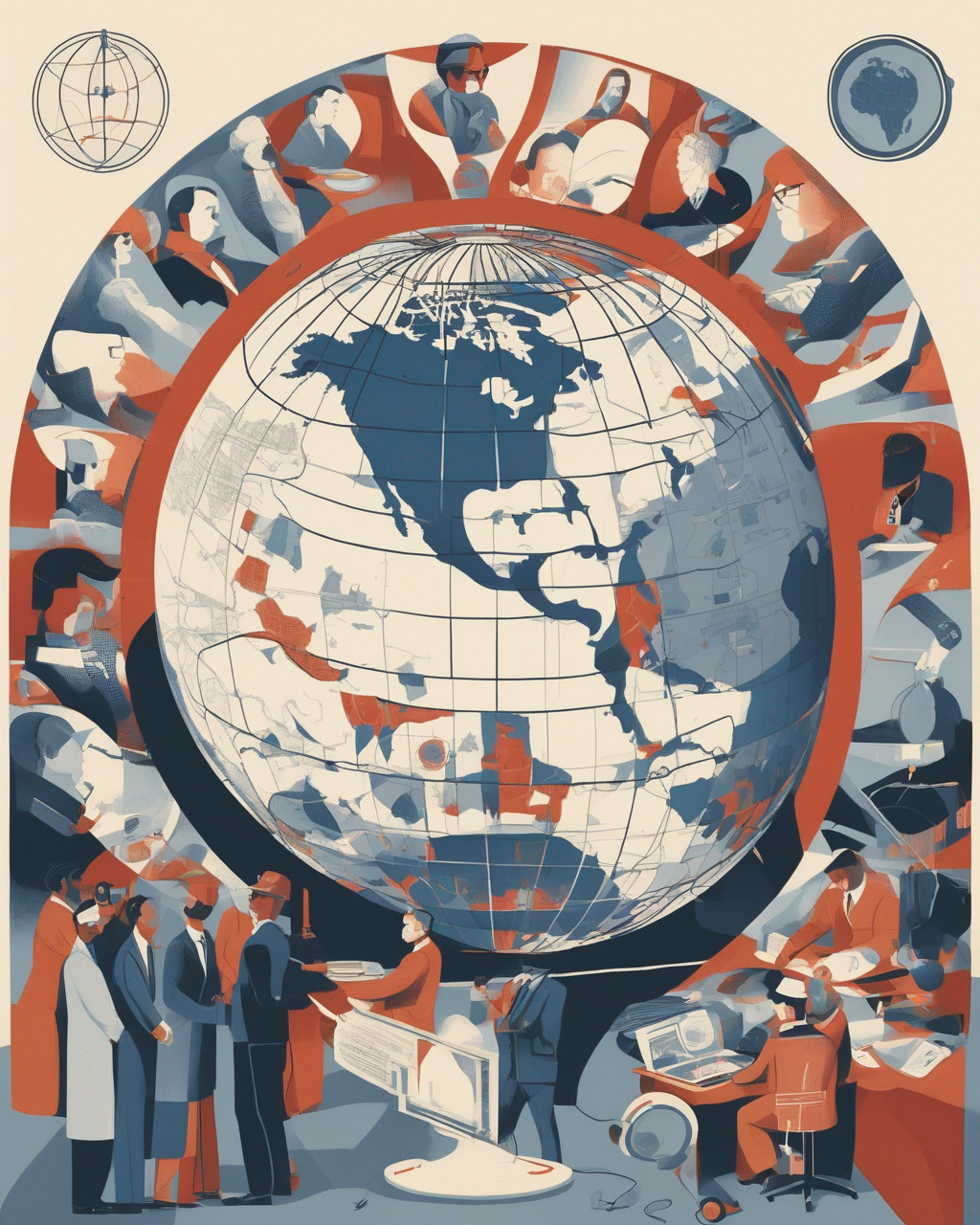Examining Bias: Republicans Launch Investigation into Wikipedia's Integrity
 Max Mayer
Max Mayer
In a significant move that underscores the intersection of technology and politics, Republicans on the House Oversight and Government Reform Committee have initiated an investigation into Wikipedia, prompted by allegations of organized bias within the platform's entries. This inquiry raises critical questions about the integrity of information sources and the potential implications for public discourse in an era increasingly defined by digital media.
Background of the Investigation
The investigation was formally announced on August 27, 2025, when Republican lawmakers expressed concerns that Wikipedia, a widely used online encyclopedia, may have been subjected to systematic efforts to inject bias into its content. These allegations suggest that certain groups may be manipulating entries to favor particular political narratives or ideologies, which could undermine the platform's reputation for neutrality and reliability [1][2].
Wikipedia operates on a model of open editing, where volunteers contribute to and edit articles. This collaborative approach has been both a strength and a vulnerability. While it allows for a diverse range of information and perspectives, it also opens the door for potential manipulation by individuals or groups with specific agendas. The House Committee's probe aims to investigate these claims and assess the extent to which bias may be present in Wikipedia's content.
Implications of the Allegations
The ramifications of this investigation could be profound, not only for Wikipedia but also for the broader landscape of information dissemination. Wikipedia has long been regarded as a bastion of accessible knowledge, often cited in academic and professional contexts. If the allegations of bias are substantiated, it could lead to a significant erosion of trust in the platform. Users might begin to question the reliability of information sourced from Wikipedia, which could have a cascading effect on how information is consumed and shared across the internet.
Moreover, the inquiry highlights the challenges that arise when technology intersects with political interests. The ability to edit and influence content on platforms like Wikipedia raises ethical questions about who controls information and how it is presented to the public. As digital literacy becomes increasingly important, understanding the mechanisms behind information curation and potential biases is vital for users navigating these platforms.
The Role of Wikipedia in Modern Information Ecosystems
Wikipedia's unique model of crowd-sourced knowledge has revolutionized the way information is gathered and shared. With over 6 million articles in English alone, it serves as a primary reference point for millions of users worldwide. However, this model also relies heavily on the integrity of its contributors and the mechanisms in place to ensure balanced representation of facts.
The ongoing investigation may prompt Wikipedia to reevaluate its editorial guidelines and the processes by which content is moderated. This could lead to enhanced transparency measures, such as clearer disclosures regarding edits made to politically sensitive entries or the introduction of more rigorous vetting processes for contributors.
Conclusion
As the House Oversight and Government Reform Committee delves deeper into the allegations of organized bias within Wikipedia, the outcome of this investigation will be closely watched. It serves as a crucial reminder of the importance of maintaining objectivity in information sources, especially in a time when misinformation can spread rapidly across digital platforms. The integrity of Wikipedia, as a cornerstone of modern knowledge sharing, may hinge on the findings of this inquiry, potentially reshaping the future of collaborative information platforms and their role in public discourse.
📚 Sources
thehill.com | usatoday.com | reddit.com | yahoo.com | news18.com
This post was researched and generated using multiple sources to ensure accuracy and provide comprehensive coverage of the topic.
Subscribe to my newsletter
Read articles from Max Mayer directly inside your inbox. Subscribe to the newsletter, and don't miss out.
Written by
